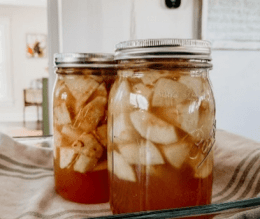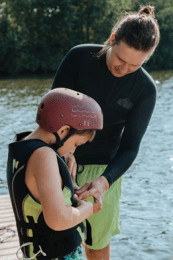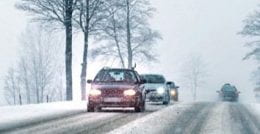Ghosts and goblins aren’t the only thing that can be scary now that Halloween has kicked off the fall holiday season. From fire hazards to online scams, following these tips can help you stay safe during the eventful time of year between Halloween and New Year’s Day.
 Rather than a traditional candle, consider lighting up your décor with a small, battery operated flameless one. If you do choose to use traditional candles, remember to blow it out before going to bed or leaving home.
Rather than a traditional candle, consider lighting up your décor with a small, battery operated flameless one. If you do choose to use traditional candles, remember to blow it out before going to bed or leaving home.- Use only non-flammable indoor decorations.
- Whether you’re making Thanksgiving turkey or holiday cookies, practice cooking safely to avoid fires at home. Stay alert in the kitchen and turn off the stove when you leave the kitchen.
- Water your Christmas tree regularly. Dry branches are a fire hazard. Turn off the tree’s lights overnight or when you are not at home.
- Place your menorah on a sturdy, non-flammable surface out of the reach of small children and pets. Never leave lit candles unattended.
- When you shop online for holiday gifts, be cautious and avoid scams by shopping with trusted retailers. Be on the look out for emails that seem too good to be true. Don’t click on suspicious links!
- Learn the weather and climate risks for the area to which you are traveling.
- Be sure to consider how COVID-19 may affect your holiday plans.
Have a wonderful holiday season!
By: Jamie Rathbun
 Stoves are hot! Turn pans with long handles away from other burners and small helping hands.
Stoves are hot! Turn pans with long handles away from other burners and small helping hands. Be a water watcher – Designate an adult to actively watch children when they are in a pool or lake. Take turns sharing the responsibility.
Be a water watcher – Designate an adult to actively watch children when they are in a pool or lake. Take turns sharing the responsibility.



